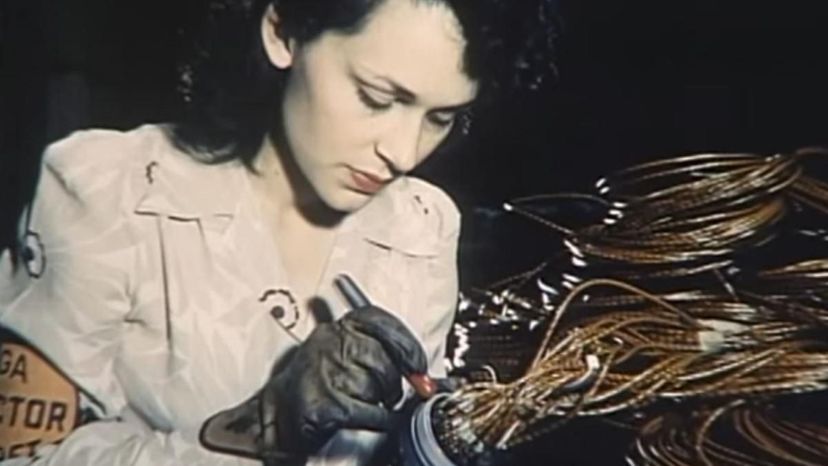
About This Quiz
They say it takes ten men in reserve to put one in the field - but that's just the military itself, with its engineers, logisticians, tacticians, quartermasters, medics, drivers, suppliers, and so on. Keeping an army in the field requires the mobilization of a great many resources from its homeland.Â
This goes double when that army is fighting overseas, and it goes a hundred times over when you're talking about a war the size of World War Two. As the biggest conflict in human history, it required a level of involvement by the population that was unprecedented in human history.
World War Two turned British society completely upside down. People were encouraged to plant food in their gardens as rationing was introduced to account for German blockading and destroying of supply ships. Whole cities were "blacked out" at night to trick German bombers seeking civilian and military targets. Millions of children were sent out of the cities as evacuees to live with country families.Â
Everything that was made of metal that wasn't essential was melted down to be turned into weapons. Meanwhile, codebreakers grappled with Nazi data at Bletchley Park, and spies trained at Beaulieu House on the south coast - and both groups included a great many women who would never have been considered for such employment previously.Â
Over all of it hung the fear of Nazi invasion and the destruction of the whole nation. It was a time of great fear, significant change, and unquestioned camaraderie. How well do you remember it?
Advertisement
Advertisement
Advertisement
Advertisement
Advertisement
Advertisement
Advertisement
Advertisement
Advertisement
Advertisement
Advertisement